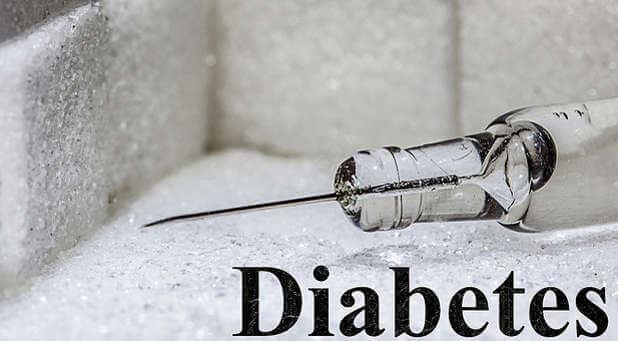Diabetes meds may control blood sugar, but they also appear to boost appetite and may contribute to obesity in those who take them.
That’s the upshot of new research led by Georgia State University that found anti-diabetic drugs—known as thiazolidinediones (TZDs)—taken by many Type 2 diabetes activate sensors on brain cells that increase hunger, which can lead to body fat gain.
The study, published in The Journal of Neuroscience, may explain why people taking such drugs for diabetes often gain weight, Medical Xpress reports.
Type t diabetes, the most common of the metabolic condition, often develops in middle-aged and older adults who are overweight and inactive, according to the National Institute of Diabetes and Digestive and Kidney Diseases.
The new study found that sensors in the brain that that control eating behavior are activated by TZDs, which help to treat insulin resistance, said Johnny Garretson, a doctoral student in the Neuroscience Institute and Center for Obesity Reversal at Georgia State.
“People taking these TZDs are hungrier, and they do gain more weight. This may be a reason why,” Garretson said. “When they’re taking these drugs, it’s activating these receptors, which we believe are controlling feeding through this mechanism that we found.
“We discovered that activating these receptors makes our rodent animal model eat more and store more food for later, while blocking these receptors makes them eat less and store less food for later, even after they’ve been food deprived and they’re at their hungriest.”
For the original article, visit newsmaxhealth.com.















































